Cairo is the capital of...
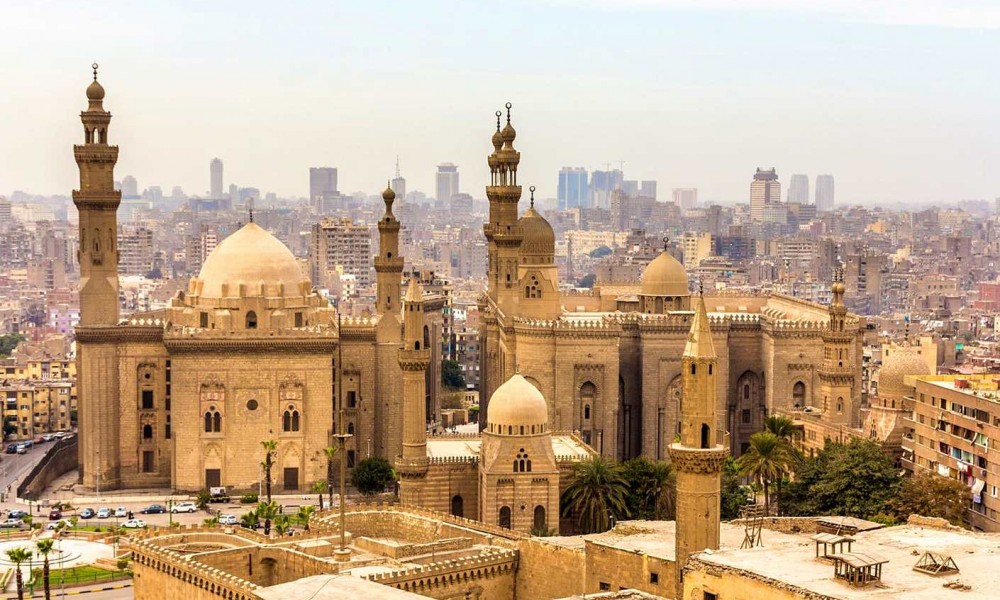
Today we will tell you about diverse and unique Cairo.
Cairo ranks as the 15th place in the list of the most densely populated cities in the world. Over the past few years, it has grown to such an extent that the residential buildings are situated only 200 meters from the Sphinx. Like any other metropolis, Cairo does not sleep for a second: crowds of local people, those who came to work and tourists are simultaneously fussing through its ancient yellow streets from early morning until late night, cars and motorbikes push each other in confounding traffic, the rumble of thousands of voices merges with sheer noise of motors and horns. This is a city where they smoke extremely strong hookah, garbage and scraps of paper fly all over the place, here they trade at every corner and sell everything possible; a city with insane traffic and only nine traffic lights in multi-million metropolitan area.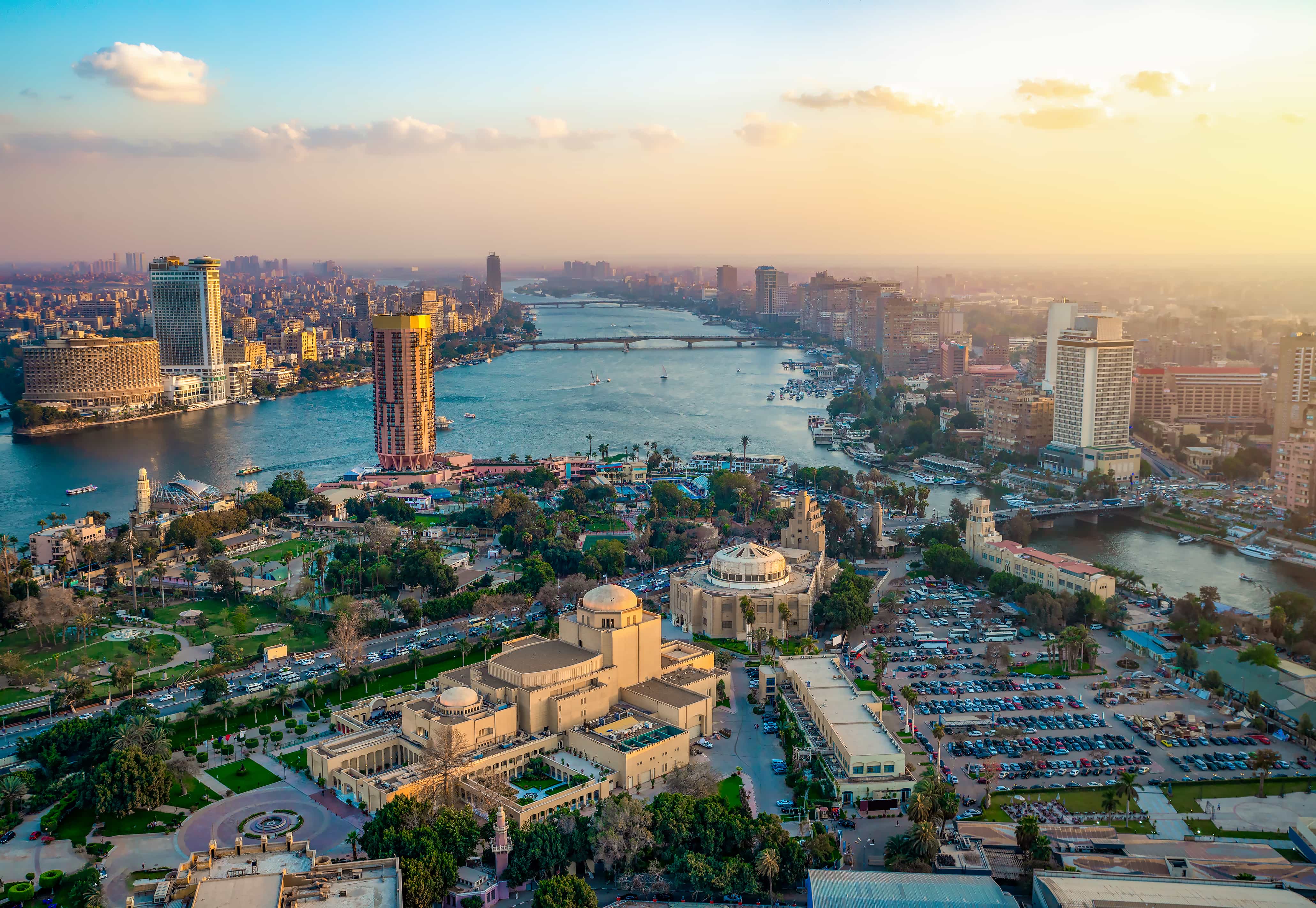 Photo alittlenomad.com
Photo alittlenomad.com
Cairo is located next to the Nile Delta and is conditionally divided into the old city and a new one. The old one is on the east bank of the river. This is traditional Islamic territory, which has completely preserved its ancient appearance, although it suffered from the 1992 earthquake. However, it was thanks to that natural disaster that many mosques and monuments that were in decline for several decades, got reconstructed. In Islamic Cairo, you can get lost in the labyrinth of narrow, chaotically-built streets, see historical and cultural monuments and get into the spirit of the famous eastern bazaars. It is in the old city that popular attractions are located: the Ibn Tulun Mosque, the Mosque of Amr Ibn al-As, the Coptic Museum, the Fort of Babylon, the Church of St. George and Church of St. Barbara
The new part is located on the western side of the Nile and is built in the Parisian-style - with wide avenues, quiet park areas, government buildings, modern business centres and shopping malls. It also features popular tourist attractions, like the famous Egyptian Museum which is the world's largest repository of ancient Egyptian art.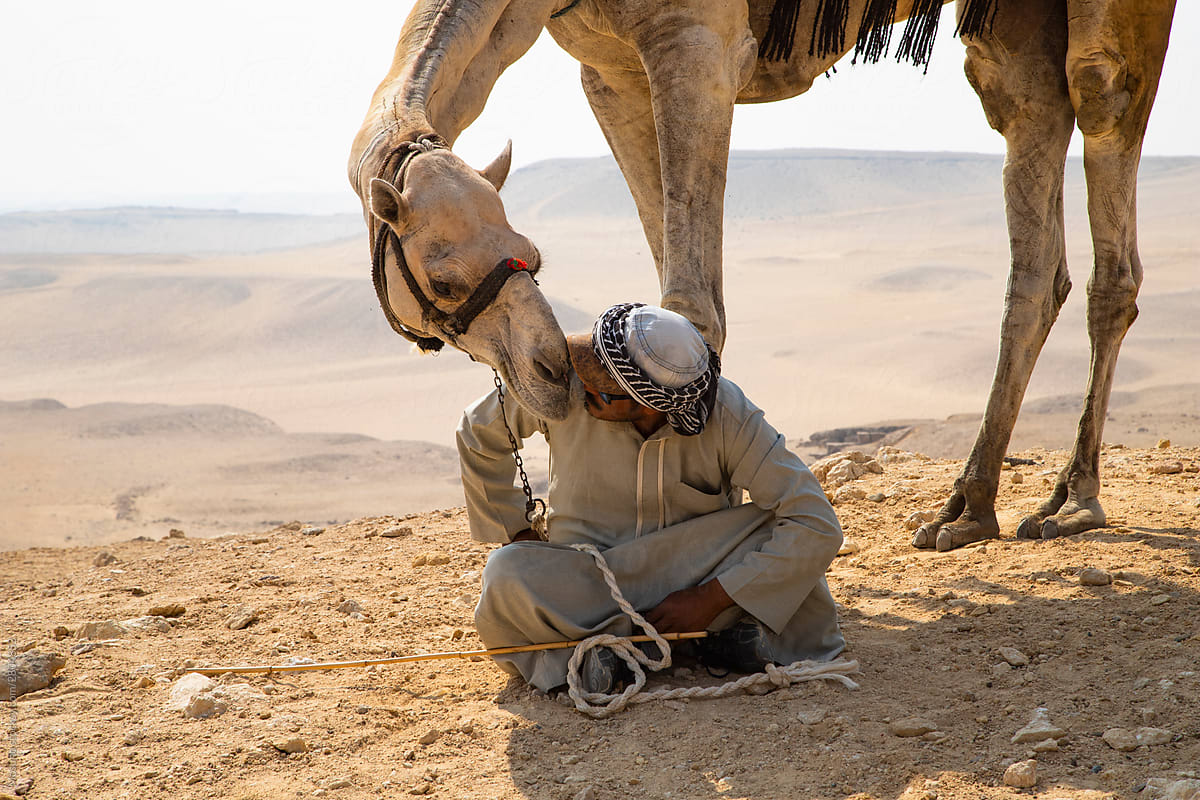 Photo stocksy.com
Photo stocksy.com
By the standards of the Middle East, Cairo is a fairly developed and rich city. It is an important religious and educational hub (the city is proud of ancient and very prestigious Muslim university Al-Azhar), in addition, it is the capital of Arabic cinema, music and media industry. Many international media and corporations choose Cairo as their headquarters in the Middle East, which makes the city commercially attractive for local and foreign experts. Life here is inexpensive, an expatriate can earn around three thousand dollars a month. However, the locals and guest workers from neighbouring countries are not paid the same, but only 150-200 dollars a month. Nevertheless, even this amount is more than in many countries of the Middle East and Africa, so for many people Cairo represents a good opportunity to earn good money.
Contrary to popular belief, the main source of Cairo's income is not tourism, however travellers also make a tangible contribution to the economy. The capital of Egypt is a large industrial, financial and business hub. About a quarter of all industrial enterprises in Egypt are concentrated in the city and its suburbs. The most important industries are metallurgy, cement production, printing and publishing industry. Moreover, head offices of all national banks and companies are located in Cairo, and on the outskirts the recently built the computer and telecommunication technologies centre Smart Village, by analogy with the American Silicon Valley, that is a key destination of the most advanced IT specialists and start-uperes of the country.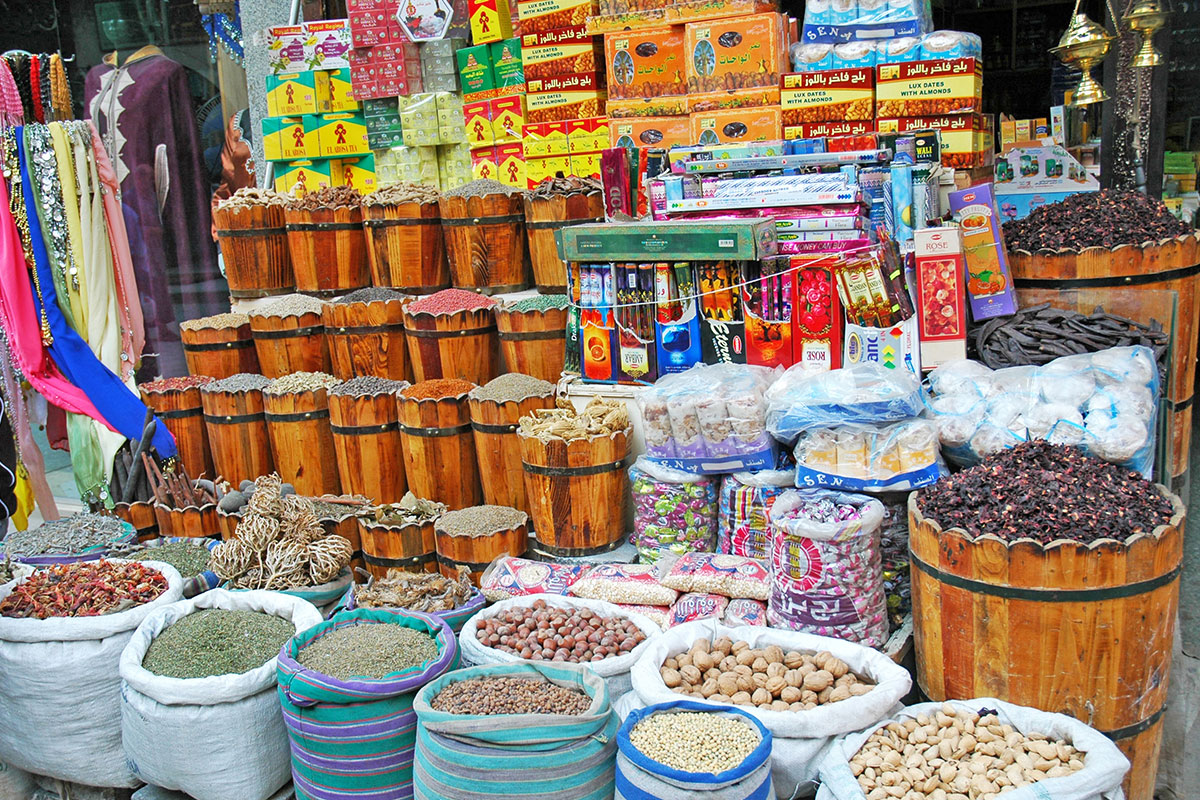 Photo expatexplore.com
Photo expatexplore.com
Nevertheless, Cairo suffers many social and environmental problems. Despite the rapid economic growth, there are still quite strict laws in relation to women. As in most Muslim countries, non-observance of the rights of women and their discrimination is common for this metropolis. Due to the high risk of harassment and violence, last year the capital of Egypt topped the rating of the most dangerous cities in the world for women.
Another big problem of Cairo is density of its population. The number of people is growing so quickly that this levels out all the economic achievements that have been observed in Egypt over the last few years. It is the reason for poverty and dirt, which can be seen with the naked eye. One third of the Cairo houses do not have running water and sanitation, and about a million people live in the "City of the Dead" (an ancient Islamic necropolis where crypts are used by poor Egyptians as dwellings). In past, the travellers used to say that Cairo smells of hot bricks, now the air is mostly often filled with the smell of exhaust gases and waste.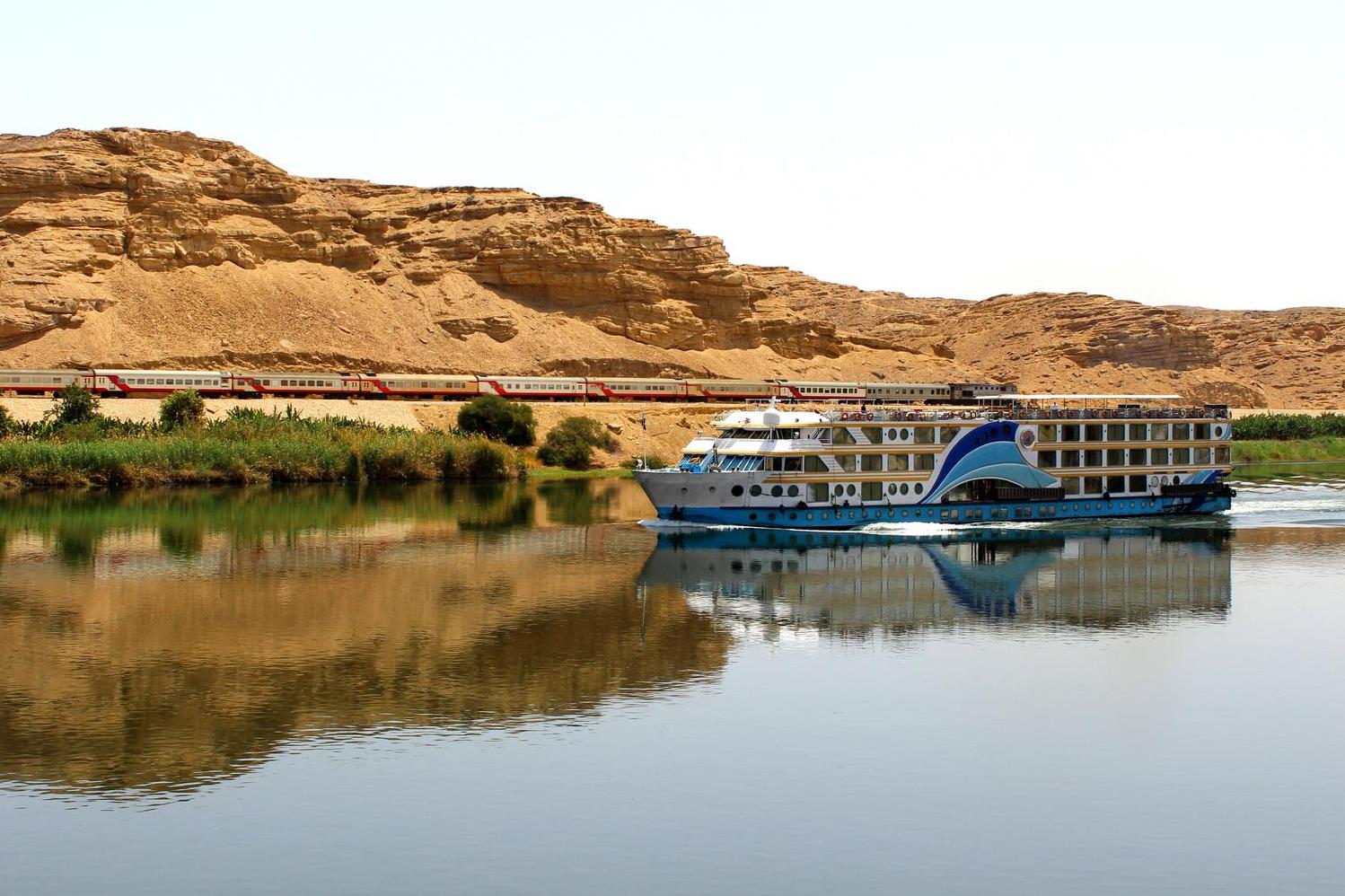 Photo kayak.co.in
Photo kayak.co.in
There are whole areas drowning in garbage. The most famous of them is the Garbage City, in which 60 thousand people live, and they are all sorting garbage. From morning to night, children and adults sort out the waste of the 19 millionth agglomeration, and when it gets dark, they go to their slums, located right there, in the middle of the landfill. Due to the fact that garbage is not taken out from the capital, but simply dumped in a heap, Cairo is considered one of the dirtiest cities in the world, and air pollution here causes serious concern among environmentalists. Scientists and doctors say that to breathe Cairo air is the same as smoking thirty cigarettes a day.
However, this unsightly reality is compensated by the good customs and friendly attitude of the Cairo residents to each other and to foreigners. It is unaccepted to be rude here, and the rare fights on the streets are connected not with the armed police officers at every corner, but with innate peacefulness. Therefore, No trip to Egypt is complete without a stay in Cairo, so you can see all its contrasts with your own eyes.
Cover photo enjoyegypttours.com





















